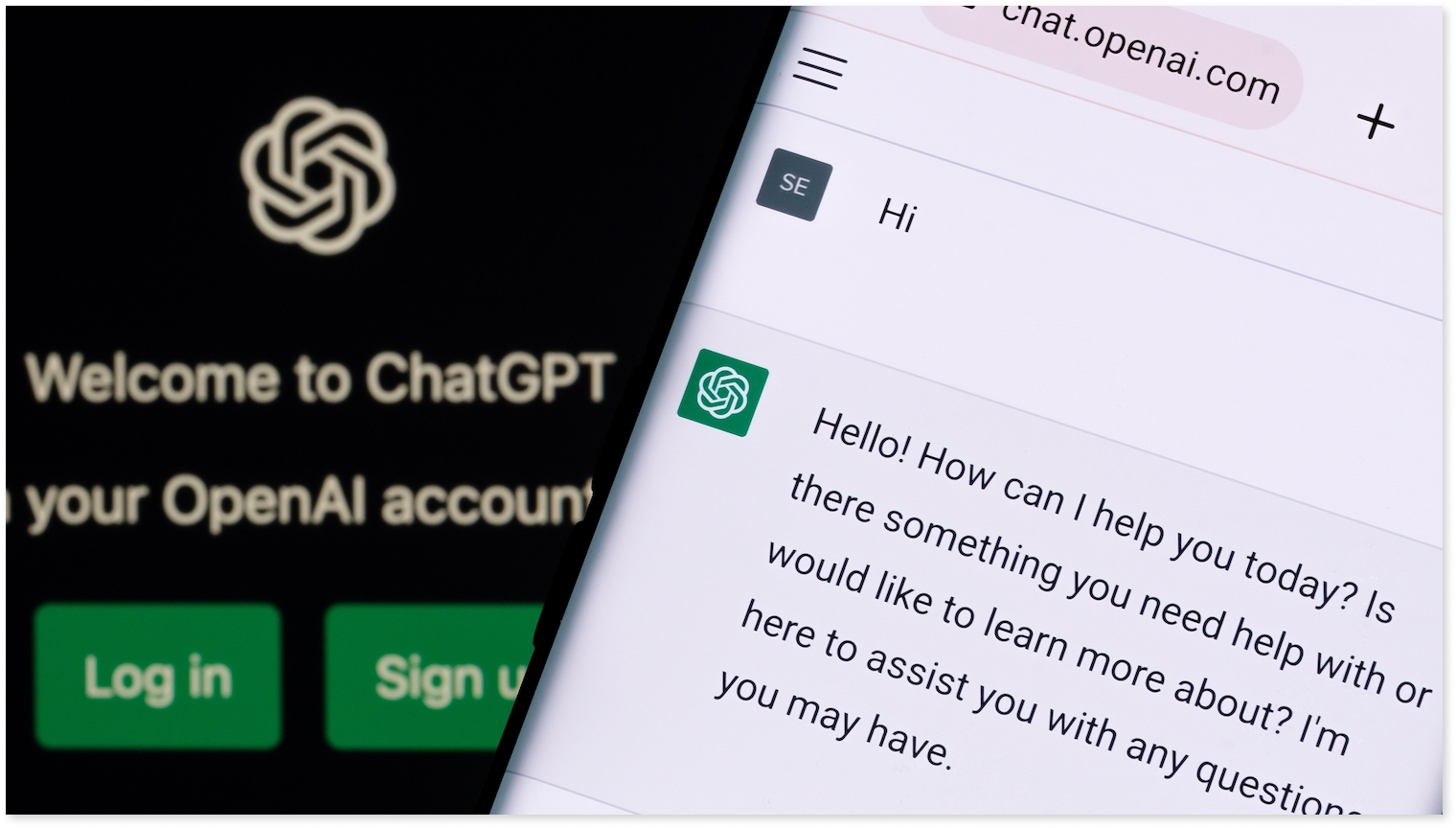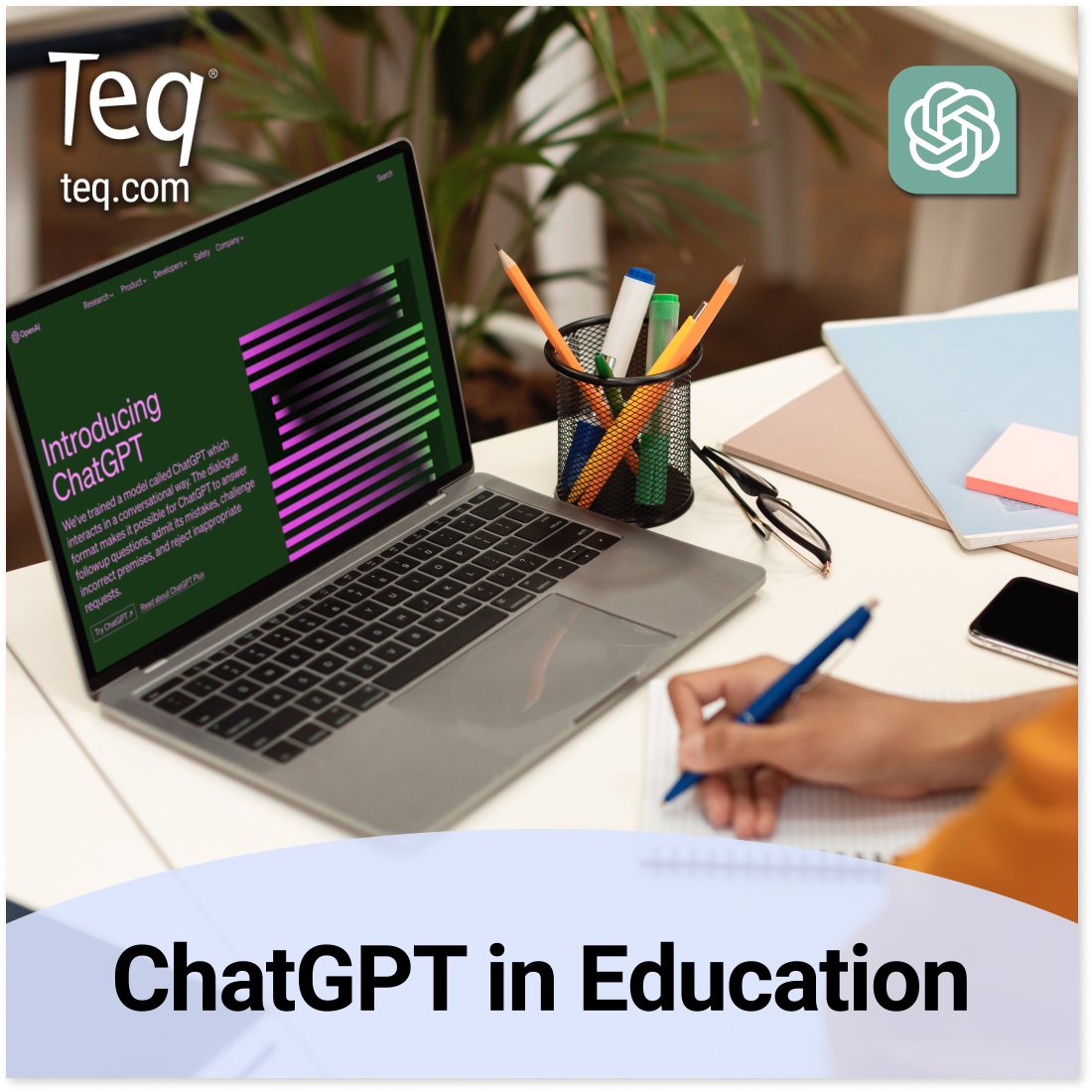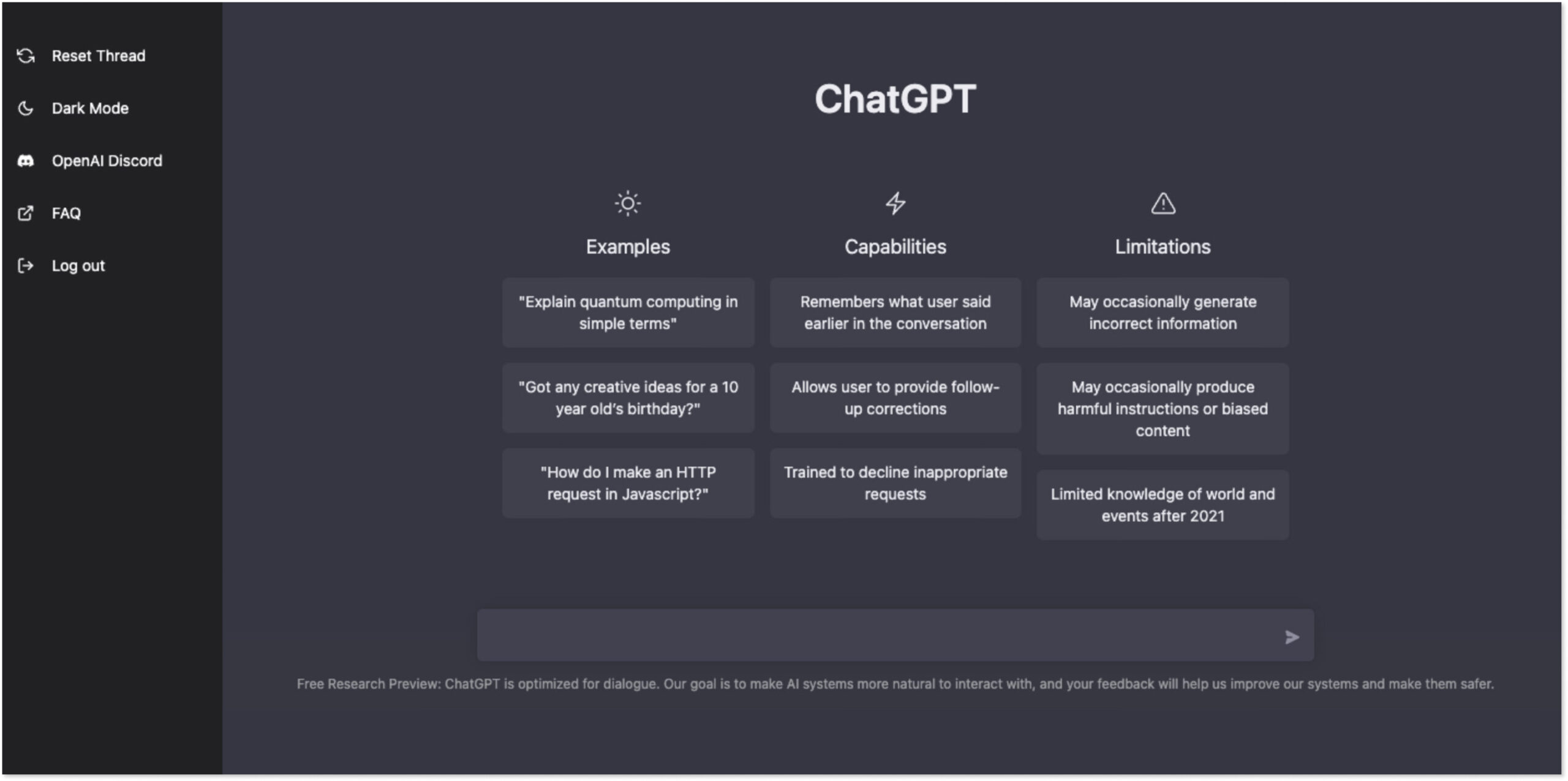Are you tired of hitting roadblocks in your academic journey?
The quest for reliable education research paper resources can often feel like an uphill battle. Enter ChatGPT—the ultimate game-changer for students seeking a smarter, more efficient approach to learning. Imagine having a tool at your fingertips that transcends conventional search engines, aiding not only in research but also in crafting well-structured, insightful papers.
Want to know more?
Unlock the true potential of ChatGPT as an education research paper ally. This AI marvel isn’t just another search engine; it’s a dynamic resource that understands context, provides relevant information, and even assists in generating ideas. Say goodbye to endless scrolling through disparate sources and get a tool designed to streamline your academic pursuits.
So, let us tell you!
In this guide, we are going to explore the myriad ways to harness ChatGPT’s prowess as a learning tool for students. It’s time to elevate your academic game with ChatGPT!
What is ChatGPT?

ChatGPT stands for “Generative Pre-trained Transformer,” an AI language model introduced by OpenAI. It made its debut in June 2020, revolutionizing the landscape of natural language processing and redefining how humans interact with AI.
This groundbreaking model serves as an invaluable tool for students and researchers alike. It’s designed to understand and generate human-like text based on the input it receives. What sets ChatGPT apart is its ability to comprehend context, generate coherent responses, and assist in various tasks such as research, writing, and problem-solving.
ChatGPT operates proficiently in multiple languages, offering support for a diverse global audience. It can operate in over 15 languages, facilitating seamless communication and accessibility for individuals worldwide. This diverse linguistic capability enhances its appeal and utility for students and researchers across different regions and language preferences.
Students find ChatGPT incredibly useful for its capacity to aid in research tasks, assist in understanding complex concepts, and even generate ideas or content for academic projects. Researchers leverage its prowess for data analysis, information synthesis, and exploration of diverse subject matters.
What do you have to know before using ChatGPT?

Before exploring the expansive world of ChatGPT as a student, it’s essential to set a strategic approach to harness its full potential, ensuring a seamless and effective integration into your academic journey.
1. Understanding ChatGPT’s Capabilities
Familiarize yourself with ChatGPT’s functionalities and limitations. Recognize its prowess in generating text, providing information, and aiding in various tasks like research or writing. Acknowledge that while it’s a powerful tool, it may not always comprehend nuanced or highly specialized topics.
2. Defining Your Objectives
Clearly outline your goals and objectives for using ChatGPT vs bard. Are you seeking research assistance, writing support, or language practice? Establishing clear intentions helps in utilizing ChatGPT more effectively for your specific needs.
3. Refining Query Formulation
Craft precise and context-rich queries. ChatGPT thrives on specificity and clarity. Frame your questions or prompts in a way that aids ChatGPT’s understanding, leading to more accurate and relevant responses.
4. Verifying and Cross-Referencing Information
Validate the information obtained from ChatGPT by cross-referencing it with credible sources. While ChatGPT strives to provide accurate information, fact-checking ensures academic integrity and reliability.
5. Developing a Learning Curve
Get a learning curve while engaging with ChatGPT. Experiment with different prompts, explore its capabilities, and adapt your strategies based on the AI’s responses. Over time, you’ll refine your approach, optimizing ChatGPT’s utility to suit your academic requirements.
How to use ChatGPT in education?

In the ever-evolving landscape of academia, students seek tools that transcend the ordinary—tools that not only assist but transform the learning experience. Enter ChatGPT, an AI marvel that extends far beyond conventional search engines. Here are five expert-recommended ways to leverage the benefits of ChatGPT in education success and beyond.
1. Research Assistance
ChatGPT serves as an unparalleled research companion. Input your queries and witness a treasure trove of information unfold. From elucidating complex concepts to providing curated resources, ChatGPT streamlines the often-daunting process of information gathering. Its ability to comprehend context ensures that the information offered is relevant and insightful.
2. Writing Aid and Idea Generation
Say farewell to writer’s block! ChatGPT acts as a muse, inspiring creativity and aiding in the generation of ideas. It helps students craft compelling introductions, brainstorm essay topics, or even fine-tune the structure of their work. Seamlessly integrated, it refines writing skills by providing real-time feedback and suggestions, refining drafts to perfection.
3. Language Learning and Practice
For language enthusiasts, ChatGPT becomes an immersive learning tool. Engage in conversations, practice vocabulary, and refine language skills through interactive exchanges. Its multilingual support offers a diverse linguistic playground for those looking to expand their language repertoire.
4. Personalized Learning and Tutoring
Tailored learning experiences are at the core of ChatGPT’s capabilities. It adapts to individual learning paces and preferences, offering explanations, clarifications, and guidance tailored to specific needs. From solving complex mathematical equations to simplifying intricate scientific concepts, ChatGPT acts as a personalized tutor available at your command.
5. Time Management and Productivity
Efficiency is key in the student journey. ChatGPT’s swift responses and ability to distill information save valuable time, allowing students to focus on comprehension and application rather than scouring through volumes of data. Its adeptness in summarizing lengthy texts aids in efficient studying and quick information retrieval.
Is ChatGPT free for students?

There are versions of ChatGPT available for free to users, including students. OpenAI has provided access to certain iterations of their language models through platforms or environments where individuals can interact with the AI without direct cost. However, it’s essential to note that the functionalities and access levels might vary across different platforms or applications.
Some platforms offer limited functionalities or access to smaller versions of the model for free, while more extensive capabilities or larger models might require subscription plans or payment which are able to get ChatGPT-4. It’s advisable for students to explore available platforms or educational initiatives to access ChatGPT and ascertain the specific features and limitations of the free versions.
Pros
- Versatility: Users appreciate ChatGPT’s versatility, as it assists in various tasks like research, writing aid, language learning, and problem-solving.
- Ease of Use: Its user-friendly interface and natural language processing capabilities make interactions smooth and intuitive.
- Accessibility: ChatGPT’s availability across platforms ensures accessibility for users, allowing them to engage with the AI conveniently.
- Information Synthesis: It efficiently synthesizes information from diverse sources, aiding in comprehensive understanding and analysis.
- Enhanced Learning: Students find it beneficial for personalized learning, as it adapts to individual needs and provides explanations tailored to their pace and preferences.
Cons
- Limitations in Understanding Context: At times, ChatGPT might struggle to grasp complex or nuanced context, leading to inaccuracies in responses.
- Reliance on Training Data: Its responses are based on the data it was trained on, potentially leading to biased or incomplete information.
- Inconsistencies in Responses: Users may experience inconsistencies or errors in the AI’s responses, impacting reliability.
- Lack of Creativity: While helpful in generating ideas, ChatGPT’s responses might lack the creativity or originality expected in certain contexts.
- Overreliance Risk: There’s a risk of overreliance, where users might depend solely on ChatGPT without validating information from other credible sources.
Conclusion
In the dynamic world of academia, the impact of ChatGPT on students is undeniable. As the quintessential Swiss Army knife of learning tools, ChatGPT emerges as the beacon guiding students through the labyrinth of knowledge. Seamlessly integrating into the student toolkit, it transforms research, refines writing, and fosters a personalized learning experience.
With its prowess and adaptability, ChatGPT stands tall as the best learning tool for students, revolutionizing the way they explore, comprehend, and excel in their academic pursuits through ChatFAI. Get ChatGPT, get a smarter, more efficient, and more empowered approach to learning!
FAQs
Q. How can ChatGPT be a useful tool for students?
ChatGPT serves as a valuable tool for students by offering assistance in various academic tasks such as research, writing aid, language learning, and personalized tutoring. Its versatility and ability to comprehend context make it a useful companion in navigating the complexities of academia.
Q. How can ChatGPT be used to enhance learning?
ChatGPT enhances learning by providing quick access to information, aiding in research endeavors, generating ideas for assignments, refining writing skills through feedback, and even acting as a personalized tutor by explaining concepts or solving queries.
Q. Can I use ChatGPT for studying?
Yes, absolutely! ChatGPT can be employed for studying purposes. It assists in understanding complex concepts, finding relevant resources, summarizing lengthy texts, practicing languages, and aiding in various subjects across different educational levels.
Q. What is ChatGPT used for in education?
In education, ChatGPT is used for an array of purposes. It assists in research tasks, helps in writing and brainstorming ideas for papers, acts as a study aid by explaining concepts, supports language learning, and contributes to personalized learning experiences for students.